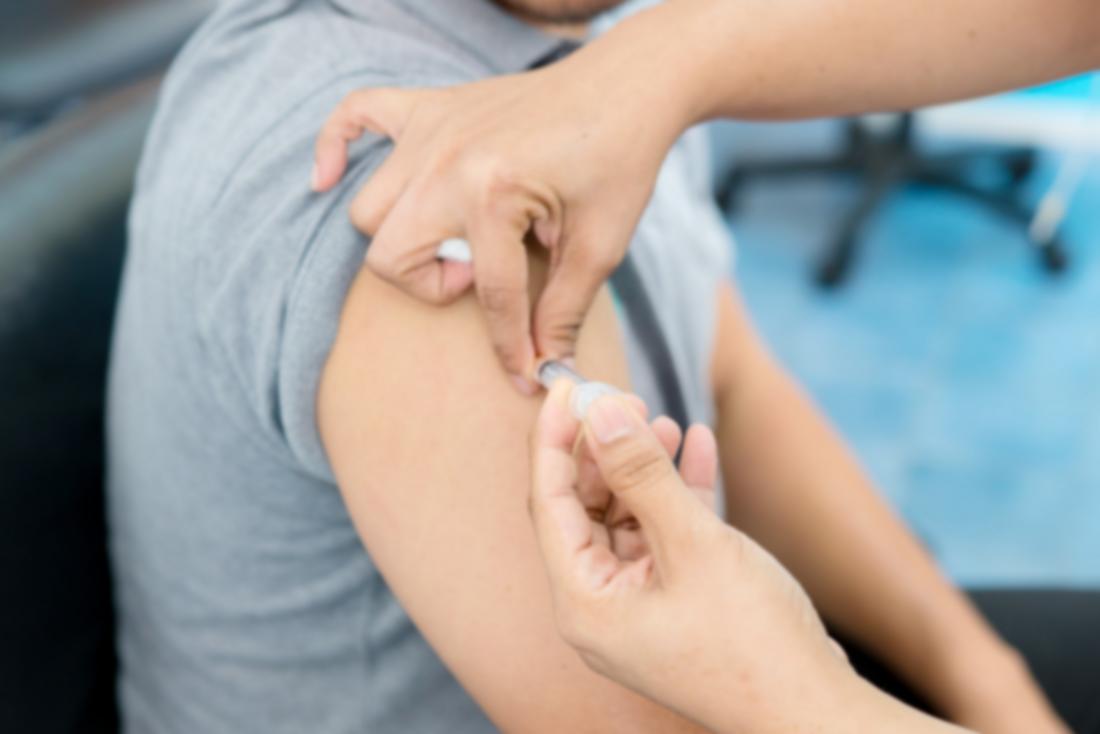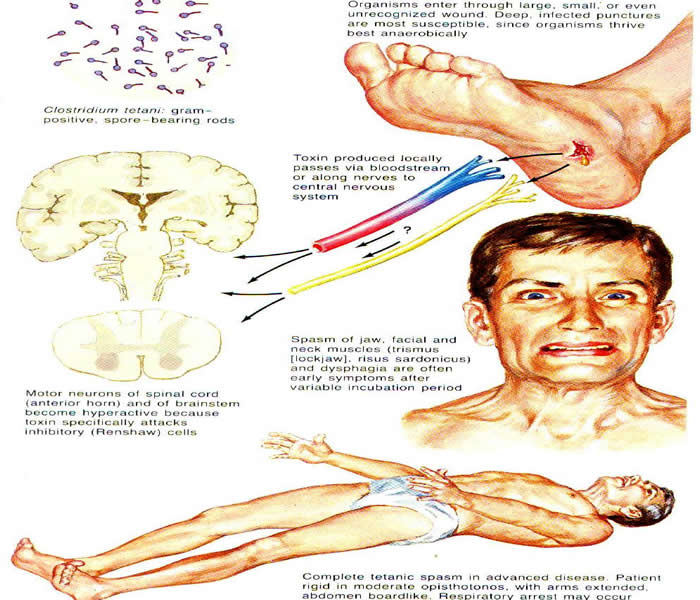Menstruation; Whats happening to my body?
Contents [ hide ] Introduction Actually, what you are experiencing is a normal physiological process that begins once a girl reaches puberty. The first menstruation in a woman’s life is referred to as menarche , this could happen between the ages of 10 to 15 with most (the average) girls having theirs around age 12. It involves bleeding from the uterus at regular intervals. The end of menstruation is termed menopause , this usually happens between the ages of 45 to 55. Menstruation is therefore defined as the cyclical or monthly flow of blood and shedding of endometrium including mucus, some enzymes and unfertilized ovum. So, what really happens? Well in simple terms, it all begins with changes in hormones in the body. You can think of hormones as messengers that are sent by some organs of your body to tell other cells to do something. In this particular case, an organ called hypothalamus which is found in your brain begins the process. [Fast forward] The ovaries release f...


Comments
Post a Comment